Macy Gray on life since I Try, and why she's looking forward to Cork Jazz Fest
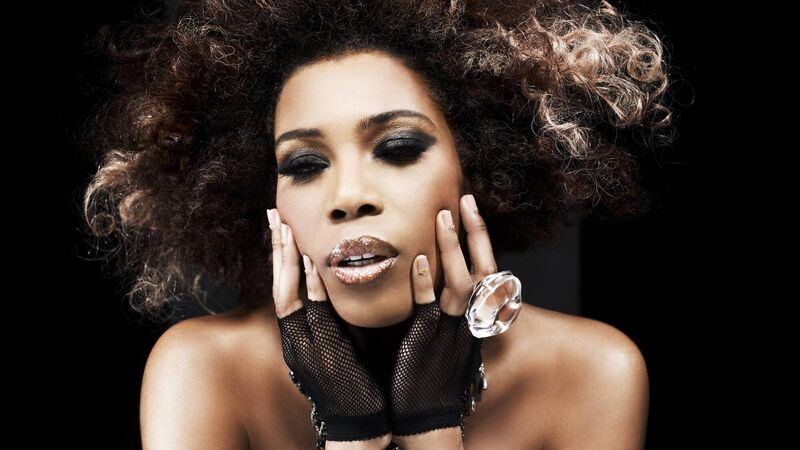
Macy Gray headlines this year's Guinness Cork Jazz Festival playing Cork Opera House on October 26
Macy Gray didn’t see it coming. “It’s like its own universe,” says the chart-topping musician, best known for her 1999 mega-hit 'I Try'.
“There’s nothing like it. You get dumped into this big, new thing. And you have to figure it out. And so you’re gonna make a tonne of mistakes.”
Gray, who headlines Guinness Cork Jazz Festival in October, is reflecting on her journey to overnight fame. Celebrity arrived like a thunderclap when 'I Try' vaulted into the top five in the United States and Britain (and shot to number one in Ireland).
One moment she was the obscure daughter of a Canton, Ohio, biology teacher. The next, she was pop’s biggest thing. Speaking over Zoom from her home in Los Angeles, she reveals she was entirely unprepared.
“Some people are fortunate to have mentors. Britney Spears – she was in the Mickey Mouse Club, her and Justin Timberlake. All those guys that came out of Motown – they had training, people teaching them to dance and what they should say.”
Gray didn’t have any of that. Instead, she was shoved, blinking into the spotlight. She had to fend for herself. It wasn’t easy. “I think everybody navigates their own way. I learned I had to sit and stick with what’s right for me. Then you try to get your team on the same page – because they are relying on you to win.”
It took a while for her to understand Macy Gray’s success wasn’t just her success. It impacted the people around her: managers, producers, her three children. Keep your head together, she says, and everyone does well.
“I don’t think I really got that until I was older: that people are counting on you. And how important it is to come through and do great things. People are investing their time and their talents and you don’t want to let him down. You don’t want to make it a waste of time.”
'I Try' and the accompanying album, This Is How Life Is, were among the major hits of 1999 and won Gray a Grammy for Best Female Pop Vocal Performance. But they would overshadow the rest of her career: Gray has never quite matched their success.
And as she says, she made mistakes– after a photo shoot with Lord Snowden, he was moved to remark, “In 55 years in this business I’ve never met such a rude woman.” (Talking to the Examiner, she could not be friendlier).
She also spent freely – on luxury cars and even a solid gold statue of herself.
Gray feels she is on more solid ground today. She is doing some of her best work in the studio since On How Life Is. The singer comes to Cork having released one of the finest albums of the latter stage of her career with The Reset.
It is, she reveals, her pandemic record. She recorded during the very long, hot, strange summer of 2020 when her adopted home of Los Angeles was on the brink of a system-wide breakdown.
Covid was rampant, wildfires swept down from the Hollywood Hills, and the Black Lives Matters protests were taking place.
With so much going on, it is no surprise the new LP has a dark and stormy tenor – with songs that address police violence (a cover of Body Count’s Cop Killer) and institutionalised racism ( “America you make me cry,” she sings on America).
“America is an interesting place as we all know,” she says. “I think a lot of us weren’t paying too much attention to politics in the news. Covid forced everybody to get informed and we were all glued to the news.
"So I just learned a lot. We learned about the people who make decisions for us in Congress. I didn’t even know these people’s names till now. It’s been a trip.”
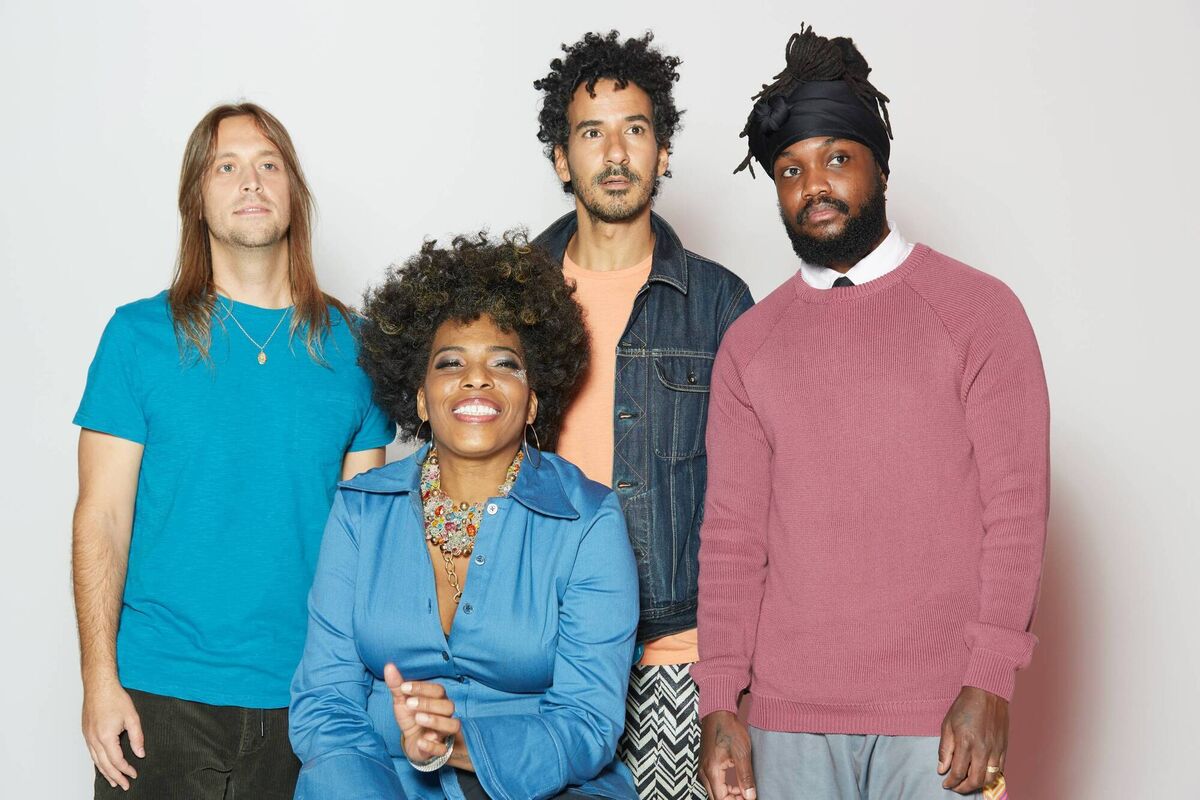
She has experienced racism and feels it is essential to stand up to prejudice. Still, there are aspects of the protest moment with which she disagrees.
“I was never a big fan of Black Lives Matter. I think that the statement [i.e. that black lives matter] is important. A lot of people don’t get that. But as far as an organisation,…I don’t know how much they elevate the black culture. How much they add to progress.”
Gray has always known her mind –which doesn’t necessarily do you favours in the music industry. She has, for instance, consistently toured with a band – when many of her peers used backing tracks and DJs.
She has also followed her instincts even when the results are commercially underwhelming– such as her flop third LP, The Trouble With Being Myself, a project so dire not even a duet with Beck could save it.
She has become entangled in controversy, too. She once boasted of stealing a painting from a hotel. Meanwhile, in 2022, she went on Piers Morgan Uncensored and said, “changing your parts doesn’t make you a woman”.
There was a backlash, and she later clarified her comments, saying, “I never meant to hurt anybody. I think it takes a lot of courage to be yourself. Anyone who is in the LGBTQ community is a hero. I said some things that didn’t go over well, but my intention was never to hurt anybody”.
Gray sold out Cyprus Avenue in 2022 and loved her visit to Cork. She can’t wait to make the return trip.
“That was the first time we got to hang out and look around. It was cool, it was fun. That was my first time there that I saw the city. It was really cool. I liked it. I’m excited to go back.”
- Macy Gray plays Cork Opera House Thursday, October 26
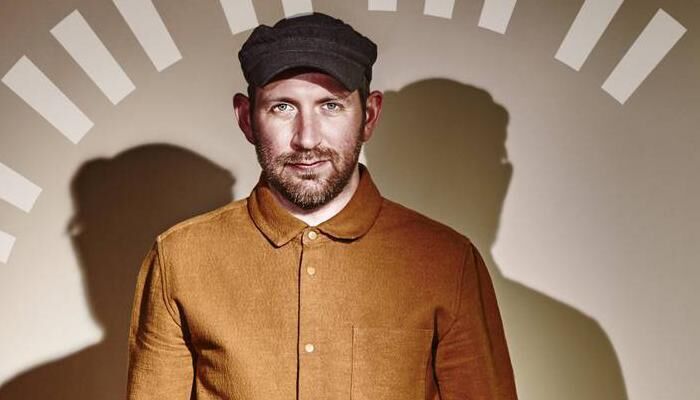
Matthew Halsall, trumpeter, arranger, bandleader and founder of Manchester-based jazz label Gondwana Records, returns to Cork after a triumphant 2021 Jazz Festival performance.
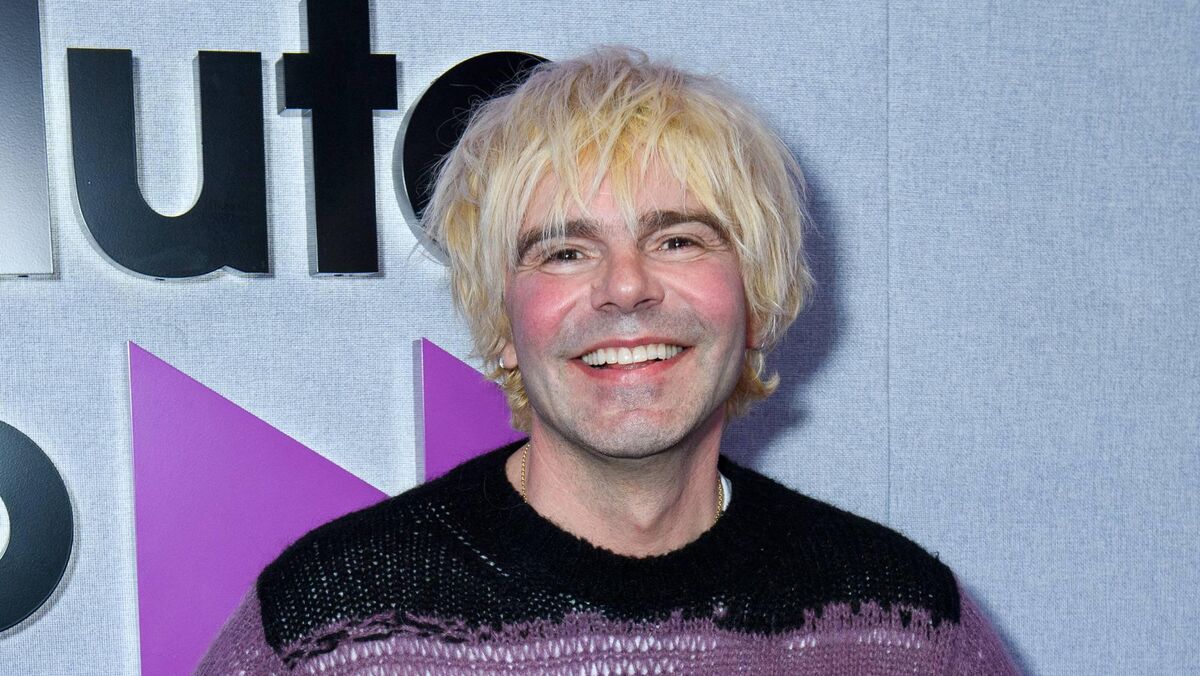
When is jazz, not jazz? When it’s evergreen indie band The Charlatans, whose leader Tim Burgess tweeted a gif of the Fast Show’s Jazz Club when announced for Cork. Grreaaat.
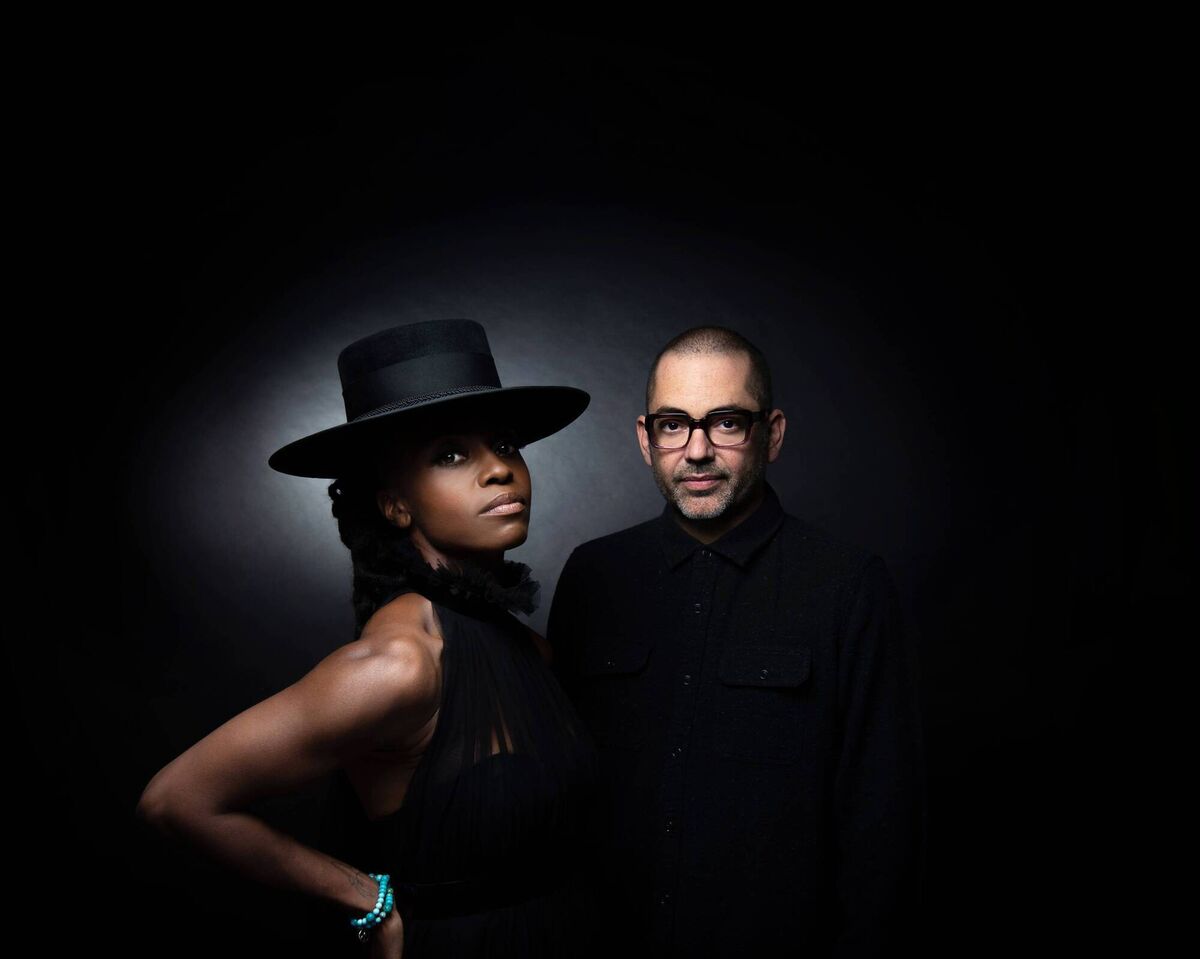
The trip-hop pioneers returned in 2021 with an acclaimed new album, Blackest Blue – a lockdown LP that has bounded to life on stage.
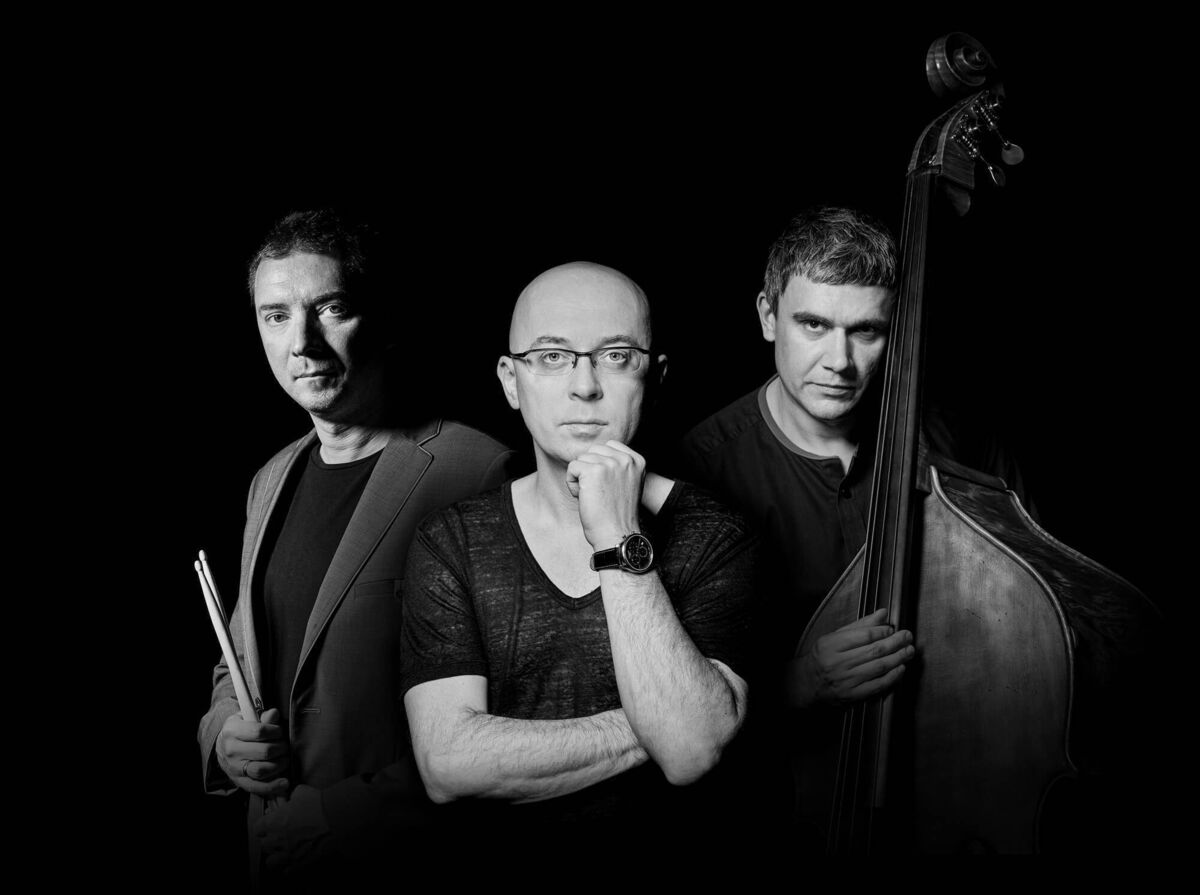
“There’s a galaxy of piano trios in today’s jazz universe, but few shine as bright as Marcin Wasilewski’s,” said BBC Music Magazine of the Polish supremo.

The singer performs material from her upcoming project, Black Rainbows – a multi-media undertaking inspired by objects and artworks grounded in the black American experience, collected by artist and visual arts professor Theaster Gates at the Stony Island Arts Bank in Chicago.


